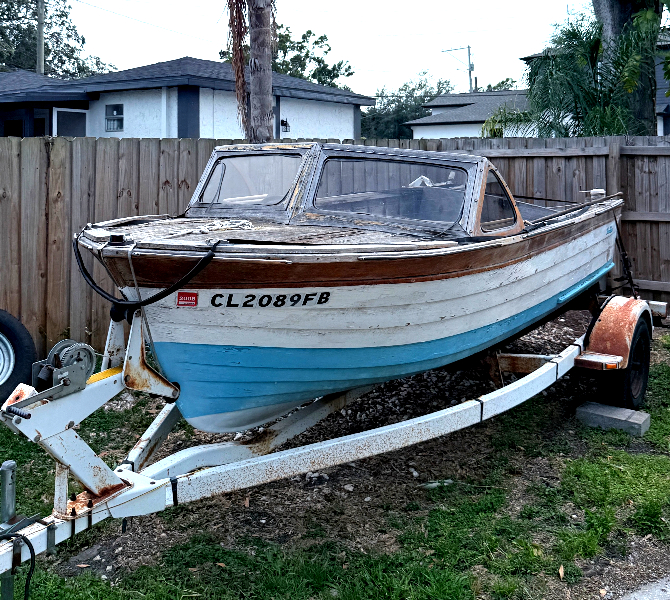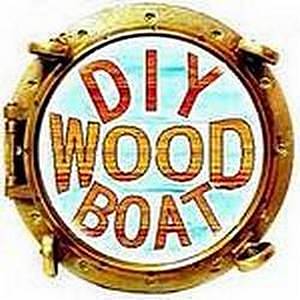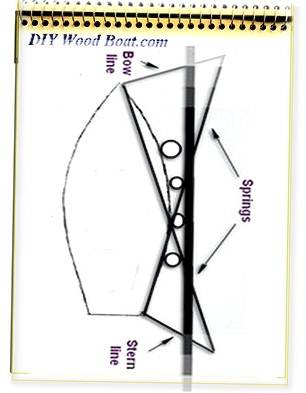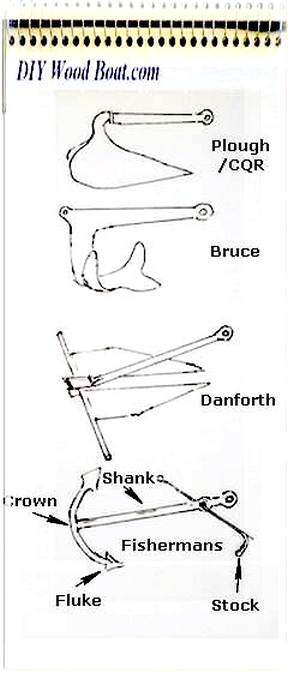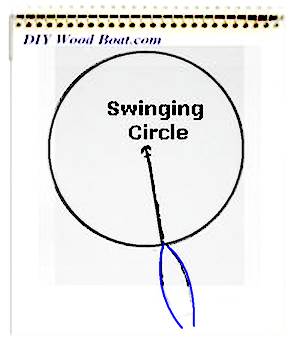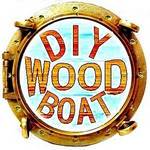- Home
- Your Boats
- Navigation
Boat Navigation for Beginners
The
skill of Boat Navigation is as much an art and a craft, as it
is a science.
There are few more exhilarating experiences than that of arriving at a new destination at the end of a passage at sea.
The cry of "Land Ho" is still a glorious whoop, even today when modern electronic navigation aids remove most of the uncertainty from determining your position.
However, it is the very accuracy of GPS positioning and its ease of use that tends to encourage too much reliance on it alone.
GPS is an aid to navigation and safety afloat which, like the echo sounder it would be foolish for the modern boater to ignore.
But it is important that it should be regarded as an aid, and used in consort with more traditional methods as well as an understanding of the watery environment.
As well as the safety aspect of understanding how tides, weather and such like will affect your boats progress.
The more you know, the greater will be the enjoyment and satisfaction you will gain from being afloat.
The more you learn about the rare art of finding your way at sea the more skillful you will become and the more enjoyable and enriching will be your voyaging.

And
any voyage will be more
enjoyable if it has been planned in advance and the planning process
itself
should be fun.
Passage
planning,
apart from being a requirement under the COLREGS, will allow you to
collate and
assess the all aspects of the trip.
Boat Navigation, before you set off
- Enter and check all your waypoints.
- Evaluate how the tide and currents will affect all stages of the journey.
- Make sure you have all relevant paper charts and harbour plans including any ports which might have to be used in an emergency.
- Check your compass and make note of the relevant variations and deviations.
- Make a list of all geographic and hydrographical features, lighthouses buoys.
- Check the weather forecasts and plan accordingly.
When you do leave port, keep a written record of all stages of the trip in your boat navigation log book, this is also a requirement under the COLREGS.
It is also a very prudent back up to mark your progress on that paper chart.
I know that it is rare for the latest marine GPS units to go wrong and they are now so cheap that many folk, like me have a spare hand-held tucked away, with spare batteries, in a waterproof container.
However, why take the risk of relying solely on electronics.
Pleasure boating like any pursuit becomes more pleasurable as your knowledge increases.
With boating this means not only understanding the environment but having a respect for it, in all its moods.
With boat navigation the more you know the safer you will feel and more your pleasure will be enhanced.
affiliate links
Books

